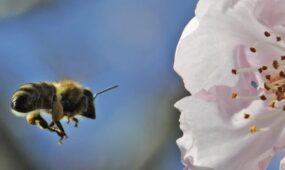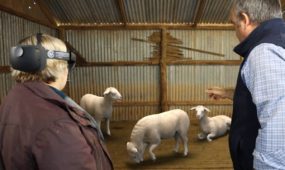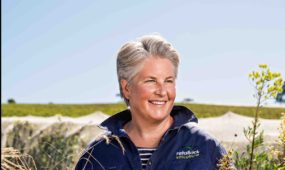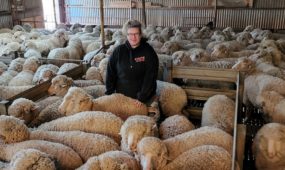New fisheries tool focuses on ecology not humans
Primary Industries
STUDYING bird vomit was not what Dr Lachlan McLeay had in mind when he started fisheries research.

Sign up to receive notifications about new stories in this category.
Thank you for subscribing to story notifications.
STUDYING bird vomit was not what Dr Lachlan McLeay had in mind when he started fisheries research.
But working at the South Australian Research and Development Institute (SARDI), he’s now developed an approach to gauging sardine abundance through looking at the diet, health and population dynamics of crested terns.
“Crested terns are a small fish-eating seabird living in marine waters of South Australia,” explained Lachlan.
“My data shows that information collected from crested terns can be used to monitor marine ecosystem health, such as the abundance of sardines in the ocean.”
The number of sardines in Australian waters is currently estimated by weighing up the active biomass – based on the production of eggs by female adult fish – against fisheries catch data.
This technique does not take into account the ecological interactions sardines have with many species, including terns.
To develop a new approach to measuring fish abundance, Lachlan focussed on two major sardine mortality events of the 1990s, when approximately 70% of adult sardines in South Australian waters died due to a virus.
Lachlan found that terns rely on sardines in their diet (that’s where the vomit comes in) and that tern chick survival is related directly to sardine abundance.
Using GPS tracking devices, he also found that adult terns have a restricted foraging range, making them particularly vulnerable to losses in local sardine numbers.
“My data shows that we can use terns to help us inform conservation strategies and manage marine resources better,” Lachlan says.
Lachlan hopes that terns will provide a tool for enhancing management practices for Australia’s largest fishery, the South Australian Sardine Fishery.
Lachlan presented his research at Fresh Science South Australia 2015.
Fresh Science is a national program that helps early-career researchers find and share their stories of discovery.
Jump to next article




